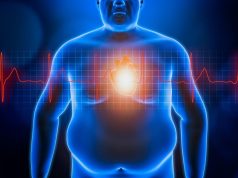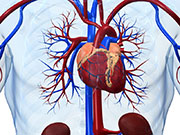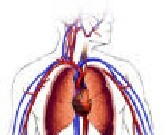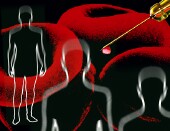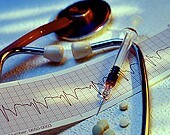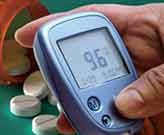Long-Term Post-CABG Mortality Increased With Diabetes
More than two-fold increase with T1DM; small but significant increased risk for T2DM
COPD May Increase Risk of Sudden Cardiac Death
COPD is third leading cause of death in the world
Physician Compensation Up for Most Specialties
Top three earners for patient care are orthopedists, cardiologists, gastroenterologists
PAS: Hypothermia Offers No Benefit in Comatose Children
No survival benefit for survivors of out-of-hospital cardiac arrest
CDC: Surveillance System Can Help Reduce Health Care Injuries
Nurse assistants and nurses found to have highest injury rates among all occupations examined
Higher CV Risks Seen for Hodgkin’s Lymphoma Survivors
Chemotherapy, radiation may damage the heart for decades to come
Motion-Tracking MRI May Help ID Stroke Risk in A-Fib
Altered function in left atrium of heart may lead to stroke independently
High Sodium Intake Does Not Appear to Raise BP in Teen Girls
But higher potassium intakes inversely associated with blood pressure change throughout adolescence
PCSK9 Inhibitors Cut LDL Cholesterol, CVD Risk
If approved, medications could be used by patients who don't respond to statins
Hemoglobin Glycation Index IDs Harms, Benefits of T2DM Tx
Effect of intensive treatment varies for patients with low, moderate, high hemoglobin glycation index






